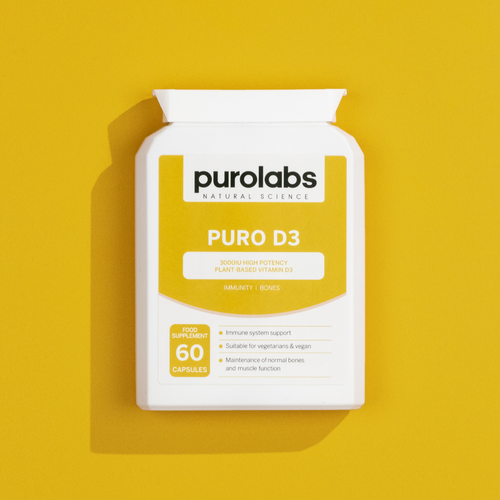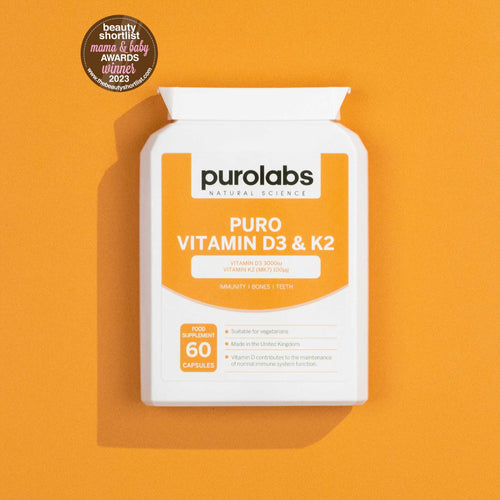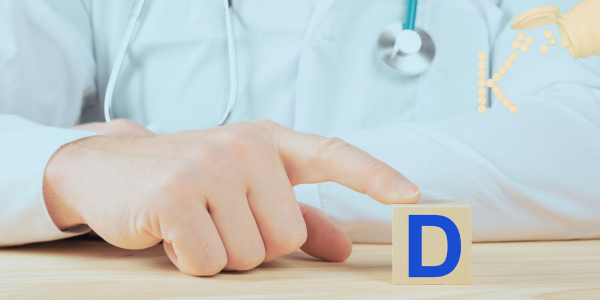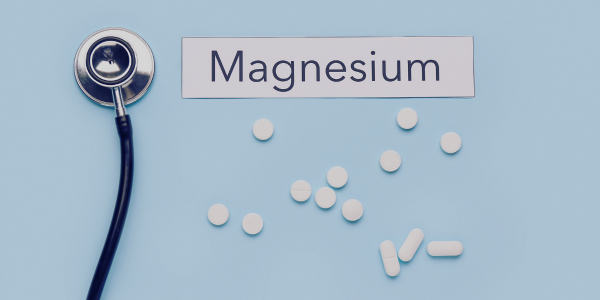As a nutritionist, I am repeatedly reiterating the importance of quality when it comes to choosing supplements. Yes, supplements are complementary to a balanced diet and lifestyle, however supplements can be powerful additions to your health toolkit. The right supplement taken at the right time, can bring profound health improvements.
I regularly enter conversations with clients who are (understandably) confused by the supplement industry. They see a low-price tag and a seemingly high dose of said nutrient and are convinced that the supplement in question is the better option to help with their health complaint.
Much of the focus can be on dosage, and whilst a therapeutic dosage is important in order to give the body what it needs if the supplement is in the incorrect form, has a bunch of additives and synthetic fillers stuffed in and lacks complementary nutrients to help the body absorb the ‘star’ nutrient, then a high strength dose will not provide the health benefits touted on the label.
I will go as far as to argue that high-strength supplements without quality considerations can be detrimental to your health, and vitamin D supplements are a great example of this.
Vitamin D is one of the most commonly prescribed supplements here in the UK. Whilst vitamin D can be absorbed through our diet, much of the vitamin D we absorb is through UV light. Living in the Northern Hemisphere means that UV levels are low throughout the winter months, making it difficult for us to obtain adequate Vitamin D levels1.
Vitamin D Benefits
The NHS advise that we supplement with 400IU vitamin D daily, and for good reason. Vitamin D has a whole host of critical health benefits that our bodies require to function efficiently and stave off disease:
- It is one of the main hormone-building nutrients. We require vitamin D to help build our hormones, therefore those with hormonal imbalances and especially those who wish to boost their fertility should strongly consider supplementing with vitamin D2.

Vegan D3
- Essential nutrient for bone health, as it helps our body to absorb and use calcium, which builds our bones. For those who are at risk of bone disease, whether that be during later years or as we head into menopause, supplementing with vitamin D is essential3.
- Vitamin D is the immune nutrient of all nutrients. It helps to support both the adaptive and innate immune system, helping to boost our internal immune function i.e. cell growth and function and also protect the body against pathogenic invaders4.
- Recent studies are supporting the link between vitamin D intake and mental health. Not only has the nutrient been shown to help with neural cell behaviour and growth affecting the structural integrity of our brain, but vitamin D deficiency has also been linked to an increased risk of anxiety and depression. Along with omega 3, vitamin D supplementation can be a useful long-term supplement to help with neurodegenerative diseases like dementia and Alzheimer’s5,6.
Where vitamin D supplementation can be problematic and can in some cases lead to vitamin D toxicity, is when chronic long-term high-strength doses of vitamin D are being taken but not utilised correctly7.
Vitamin D is a fat-soluble vitamin, meaning that we can store the vitamin for up to several months at a time before utilising it. Whilst this is incredibly beneficial and helps us to keep our vitamin D stores topped up through some of the winter months through our summer intake, if we store too much we may run into trouble.
Too much vitamin D intake over the long term can lead to hypercalcaemia. Hypercalcaemia is a build-up of calcium in the arteries, which can lead to cardiovascular complications such as high blood pressure, along with kidney stones and even bone disease8.
The Role of K2 for Vitamin D Supplementation
This is where K2 comes in. K2 is a fantastic nutrient addition to vitamin D supplementation, as it helps to prevent calcium buildup in the arteries and drives calcium from our blood and joints back to our bones and target tissues to be utilised9.
Unfortunately, many supplements on the market do not include vitamin K2 as part of their vitamin D supplementation. Whilst you can add K2-rich foods to your daily diet (dark leafy greens for example), it is important to be consistent with daily intake in order to ensure that you are effectively absorbing and utilising Vitamin D intake. Another benefit to including K2 as part of your vitamin D supplement is the reliable controlled daily therapeutic dose through supplementation.
MK-7 – The Most Effective Form of K2
There are various forms of vitamin K2 currently on the market. However, MK-7 is the most effective form of K2 as it has a longer half-life (3 days) compared to other forms. The benefits of a longer half-life with K2 mean that it increases the chances of building up a consistent dosage in the blood to help with hypercalcemia and to promote its cardiovascular benefits10.
Purolabs Vitamin D3 K2 Supplement
Thankfully, the Purolabs D3/K2 supplement covers all of the considerations discussed throughout this article. It contains the recommended daily intake of D3, whilst also wrapped up in a bioavailable form of vitamin D (D3 being the most absorbable form) AND it also contains K2, which as discussed helps reduce the risk of hypercalcaemia.
Purolabs D3/K2 pretty much has it all; a therapeutic absorbable dose plus a highly effective form of K2. More importantly, what this supplement contains is a piece of mind that you’re taking the right vitamin D supplement in a crowded market of varying supplements with confusing and conflicting health claims.

Vitamin D3 & K2
A Note on Vitamin D Toxicity
It is important to note that many of us, especially those living in the Northern Hemisphere are at much greater risk of vitamin D deficiency than toxicity, and taking vitamin D supplementation long-term is recommended. It is especially important to reiterate that it really does come down to the quality and absorption of the supplements you are taking, not simply dosage.
A Word of Caution on K2
Whilst K2 is a fantastic complement to vitamin D for the reasons outlined, if you are on blood thinning medication, then do check with your GP before supplementing with K2 as the nutrient has blood thinning properties11.

 Beauty
Beauty
 Bone Health
Bone Health
 Brain Health
Brain Health
 Energy
Energy
 Eye Health
Eye Health
 Gut Health
Gut Health
 Hair
Hair
 Hormonal Health
Hormonal Health
 Heart Health
Heart Health
 Immunity
Immunity
 Joints
Joints
 Menopause
Menopause
 Pregnancy
Pregnancy
 Kids
Kids
 Sleep
Sleep
 Stress & Mood
Stress & Mood




















